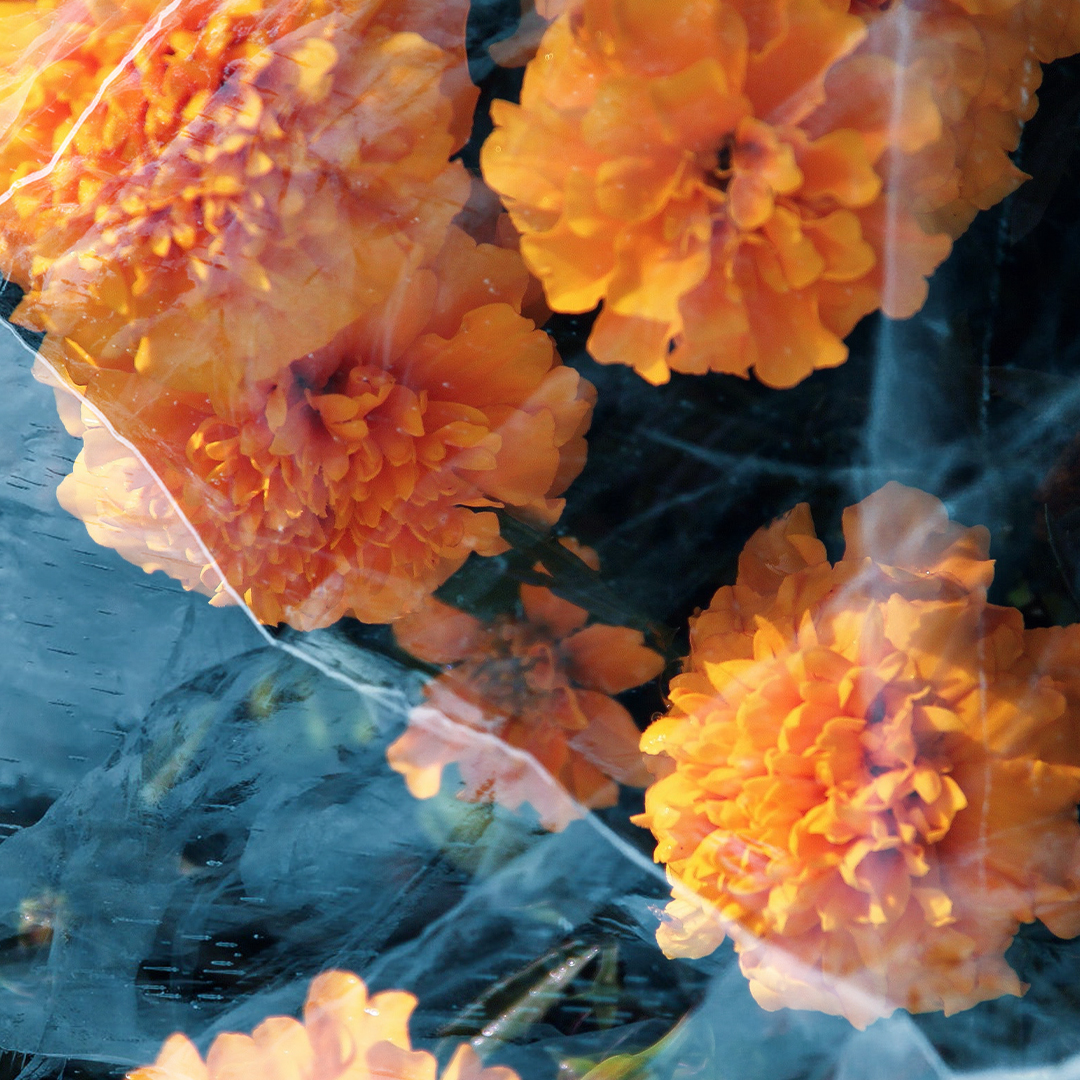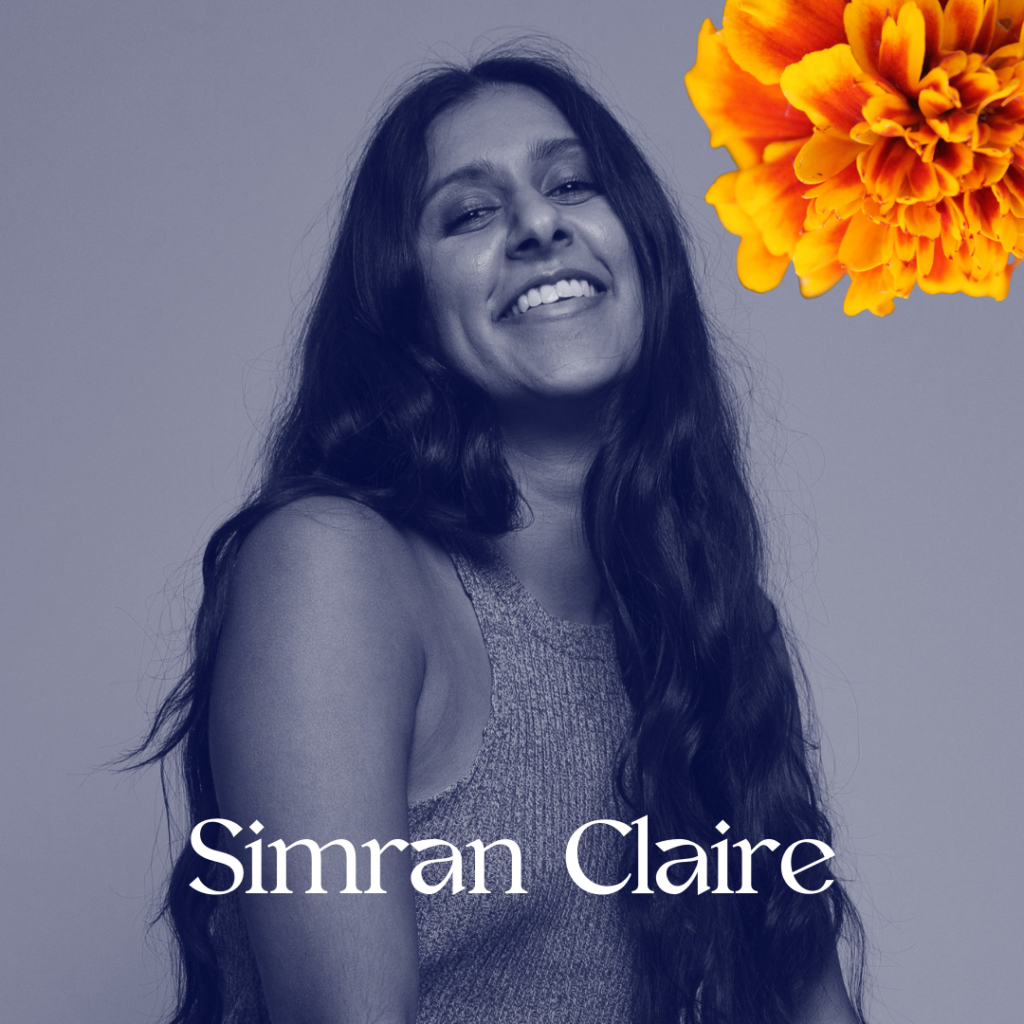As a Punjabi singer in this very Western industry, I have always felt a little at odds.
My family has been very supportive of my journey, but they can’t always connect to the material I’m performing. As an artist, I want to give voice to those who feel the same way that I do— who have lived like I do: in between two cultures.
Like many performers, I grew up singing and dancing in front of the TV—and because of my family heritage, I grew up on hit songs from 90s Bollywood movies. I would watch them on repeat, and then make my grandparents sit in the living room and watch my performances.
As a performer, I had always felt like I existed in two separate worlds— there was my opera career, and then there was my own cultural heritage, and my family. My grandparents speak English, but they grew up in India—my mom was born in India, and my dad was born in England. They’d never had any exposure to Western classical music or opera until I started singing it. They’d come to see my shows, but I knew they didn’t completely understand the material.
When I was young, I didn’t like being brown. I wished that I was white— that’s kind of a thing when you’re young.
I grew up in Surrey, B.C. Surrey has a high population of Punjabi people, but I longed to have the North American experience. I thought that being white would give that to me. Ironically, it was when I was the furthest removed from my culture and heritage—in opera school—that I felt I needed it the most. The longer I spent in that space, the more I felt like something was missing. When I was on stage, I’d look out and couldn’t see myself in the audience.
The social climate in the operatic art form has shifted dramatically within the six years since I started my studies, and then began my professional career. It has a lot to do with who is in the public eye— it’s new to see Punjabi people on stage.
So, my first year as a professional opera singer has been interesting.
I was lucky—Pacific Opera created a community engagement program, asking artists to create performance videos about whatever they wanted—and which were 20 minutes in length. We were encouraged to explore our passions and interests. I created a piece called DADIMA.
DADIMA is a subversion of the traditional (western) love narrative, using the Schumann piece, Frauenliebe und leben—which details (and prescribes) a certain kind of love story told over and over in most western literature, rom coms, and romances etc. Growing up, that North American love story is something I wanted, but also something I felt conflicted about pursuing considering ‘dating’ is discouraged in my Punjabi culture.
My grandparents had an arranged marriage, my parents were introduced to each other and basically said “yup I think this will work” and got married 6 months later. They love each other in a different way than I grew up seeing on TV. I wanted to celebrate that. For me, DADIMA makes space for other types of love stories, the ones where love is learned, where it grows slowly, where it is chosen rather than involuntary. Ultimately, I wanted to create a piece that would make this art form more accessible to the Punjabi community, and to empower broader audiences to engage with this historically
European medium.
Usually, as a singer, you don’t have a say creatively. But I think that is shifting, especially with this generation—singers can be heard, and have creative input.
It was just before making DADIMA that I met Miriam [Khalil], who was my mentor on that project, which turned out to be an amazing experience. A few months later, Miriam contacted me about AtG’s production of Sāvitri, and she offered me the opportunity of joining the creative team, as Associate Director. Of course, I said yes!
Sāvitri has really aligned with the kind of thing that I want to do I the future— I’m interested in the digital space and adapting works for film, rather than simply filming them live, as a part of the future of performing arts.
In helping to create Sāvitri, I’m able to feel close to this work, and have more of an emotional attachment and involvement than I often would to many operas. It speaks to where my family has come from and to my identity as a Punjabi performer who was born in Canada. I’m not compartmentalizing my cultural heritage and my career as an artist— I feel like I can approach this project as a whole person.
Thank you to Simran for contributing her artistic voice and being a part of Sāvitri. Read Simran’s bio here.
Follow Against the Grain Theatre on Facebook, Instagram, and Twitter for up-to-date news about Sāvitri.

